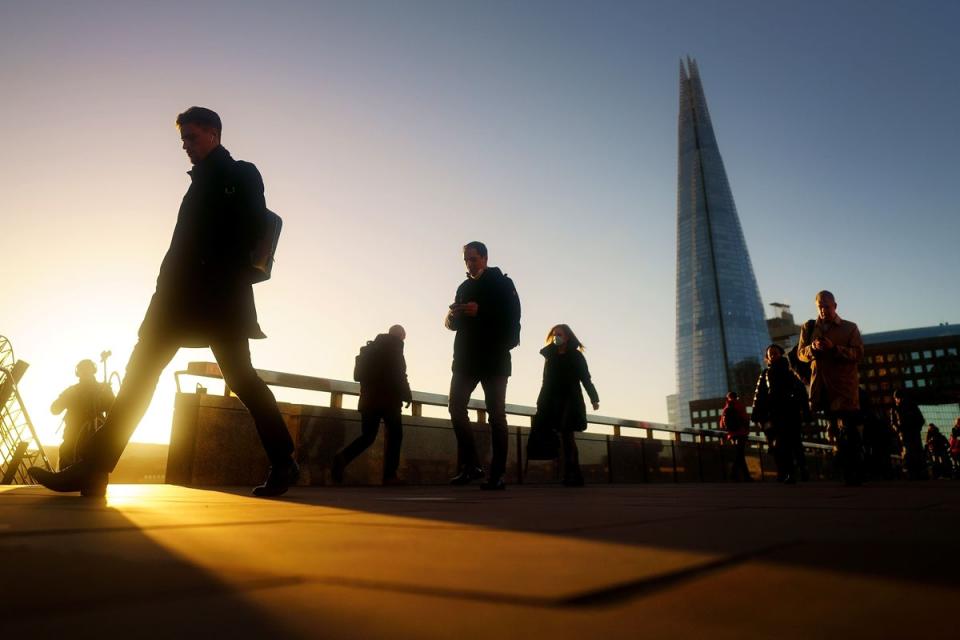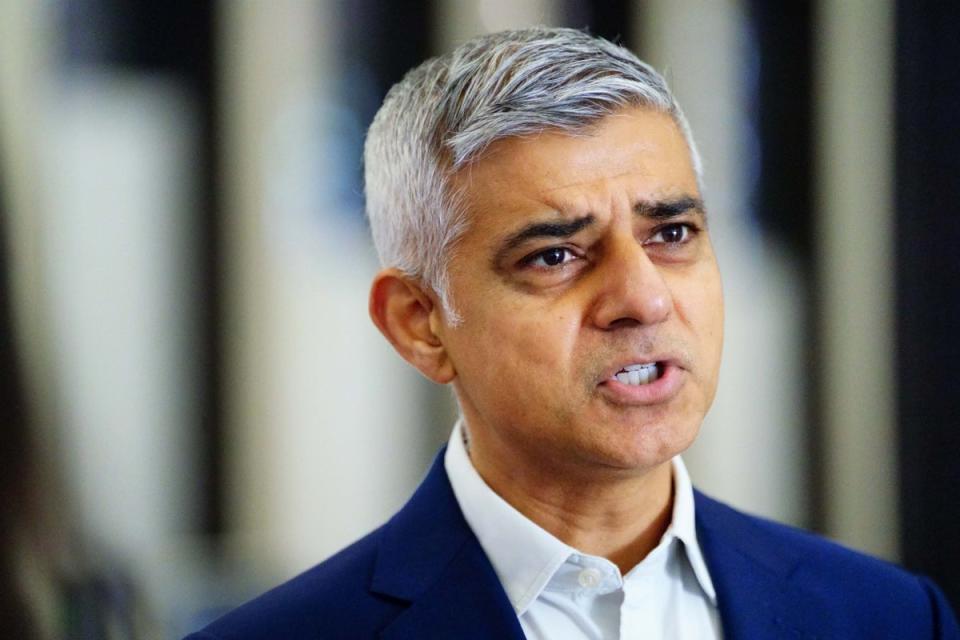Report reveals which ethnic groups are likeliest to be on low pay in London

A new report has shone fresh light on how people of certain ethnicities in London are significantly less likely to earn a ‘real living wage’ than others.
Statistics analysed by the Living Wage Foundation have shown that almost a third (29.7 per cent) of workers with a Pakistani or Bangladeshi background in the capital are on low pay, while the figure for white workers is just 10.4 per cent.
The data, sourced from the Office for National Statistics, also shows that some 23.1 per cent of black Londoners earn less than what the Living Wage Foundation says is enough to live on, while Indian workers fare better, with a figure of 13.4 per cent.
In the middle are workers of Chinese or other Asian origins (16.6 per cent) and those from mixed or other backgrounds (17.7 per cent).

The Living Wage Foundation has been campaigning for businesses to go further than the minimum wage by giving employees what they call a ‘real living wage’ - an independently-calculated rate, which the foundation says is based on what people need to afford the cost of living.
In 2022-23, the minimum legal wage for those aged 23 and over has been £9.50 per hour - set to rise to £10.42 in April.
But the Living Wage Foundation has, since September 2022, been calling for employers in London to pay at least £11.95 per hour, and those outside London to pay £10.90.
Responding to the foundation’s new report, called ‘London’s low pay landscape’, a spokesman for Mayor Sadiq Khan said: “The Mayor has long championed the London Living Wage and co-chairs the ‘Making London a Living Wage City’ steering group.

“However, [this] report shows there is still much to be done to ensure that all Londoners receive fair pay for their hard work.
“Since Sadiq became Mayor the number of accredited London Living Wage employers has increased more than five-fold, and the Mayor is determined to keep up this momentum to build a better and fairer London for everyone.”
A spokesman at the Department for Business and Trade said: “We are committed to building an economy that works for everyone.
“Our National Minimum Wage and National Living Wage [the Government’s name for the minimum wage after the age of 23] protect the lowest paid within our society – including ethnic minorities.

“This Government has repeatedly raised the National Living Wage since its introduction, benefitting millions of workers in the UK, and we are on track to achieve our target of raising the National Living Wage to two-thirds of median earnings by 2024.”
As well as ethnic disparities, the foundation’s new report also shows a clear geographic divide between inner and outer London, with the top five local authorities that are worst impacted by low pay in the UK all being outer London boroughs.
A gender divide was identified too, with a higher proportion of jobs (15.7 per cent) held by women in the capital being paid below the ‘real living wage’, compared to jobs held by men (11.7 per cent).
In addition, the report reveals that around one in seven jobs (13.6 per cent) in London are paid less than the Foundation’s recommended ‘real living wage’, compared to one in eight jobs (12.2 per cent) for the UK as a whole.
Some 12,000 businesses across the UK voluntarily pay the foundation’s recommended ‘real living wage’, with around one in nine British workers now working for an employer signed up to the campaign.


